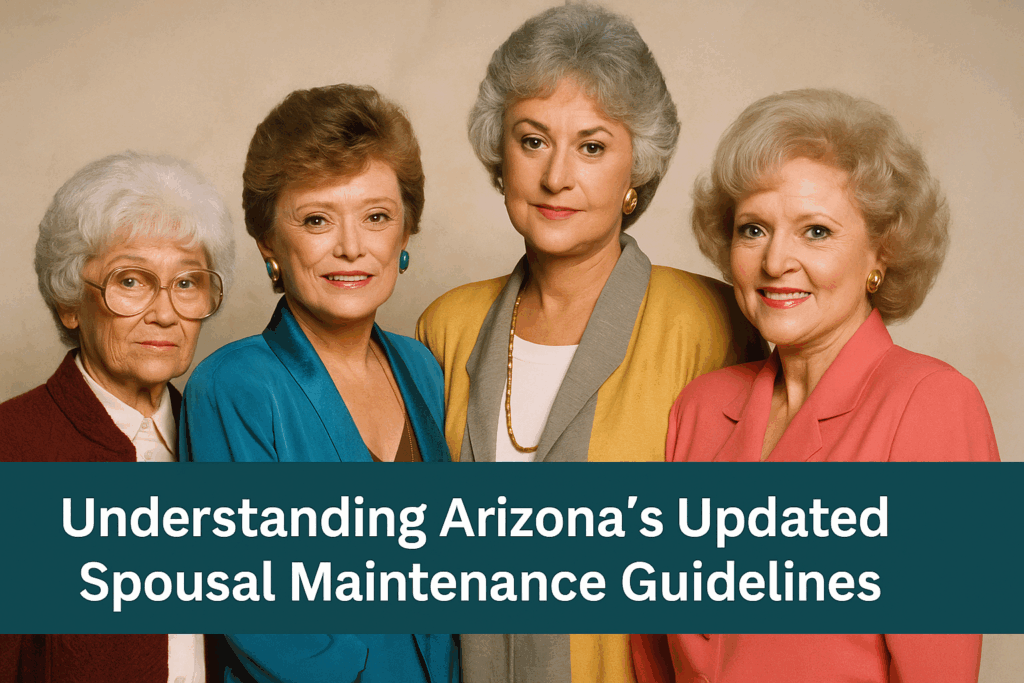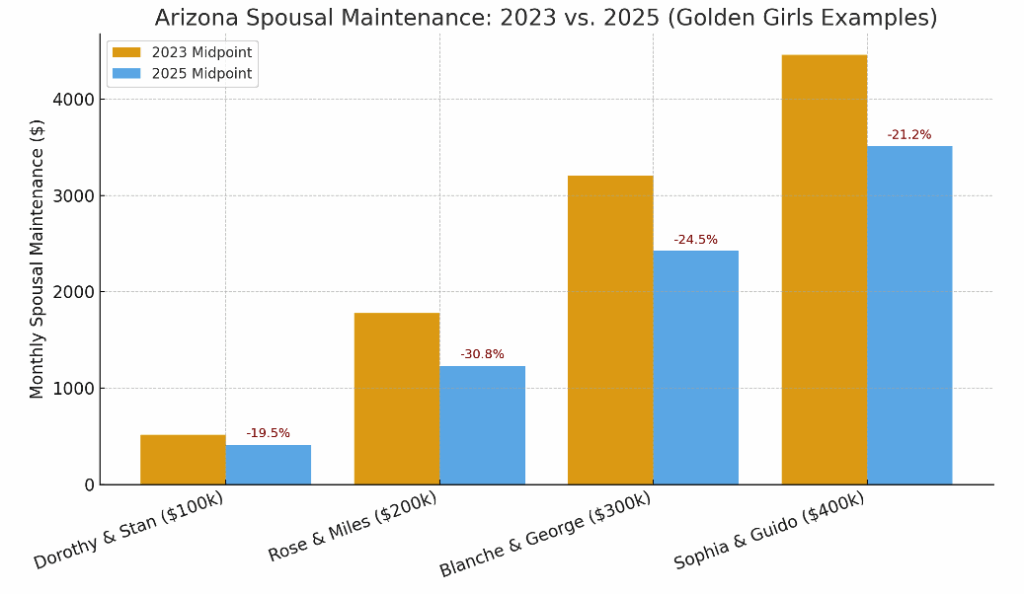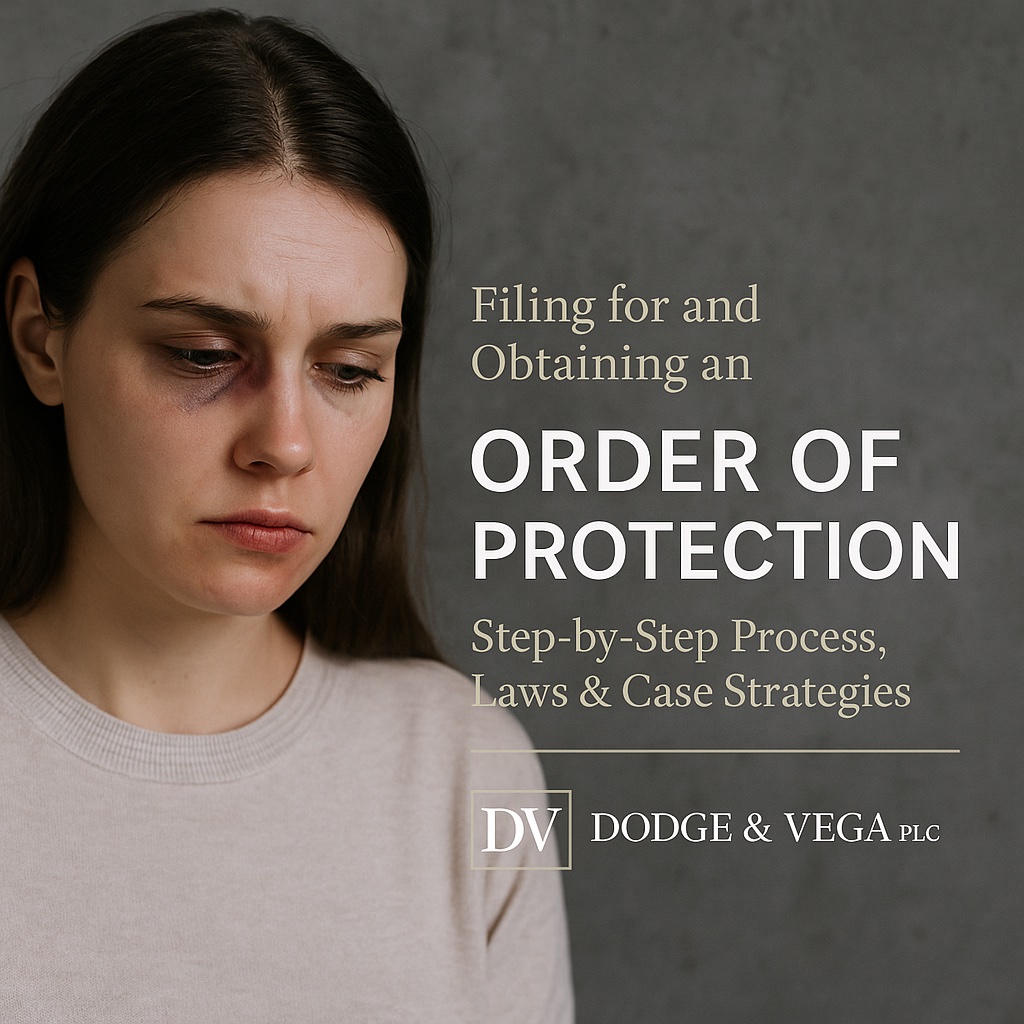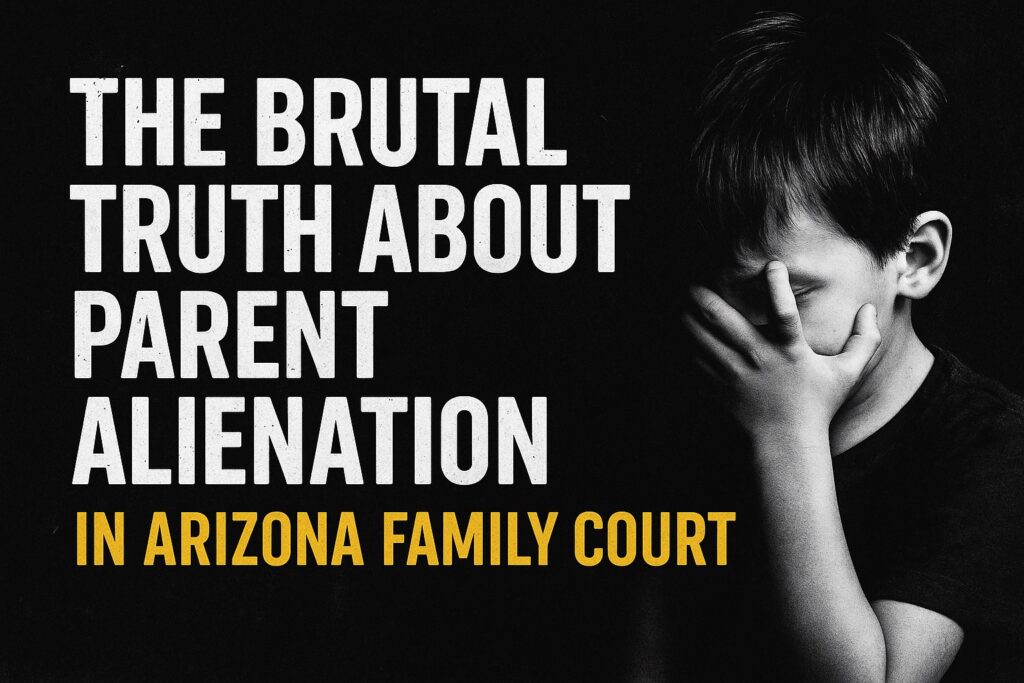When divorcing or separating in Arizona, disputes over children are often among the most emotionally fraught. But it’s important to understand that Arizona no longer uses the old “custody” terminology. Instead, the courts make orders around legal decision-making authority and parenting time under A.R.S. § 25-403. Arizona Legislature+1
Below is a detailed guide to how Arizona courts decide these issues, illustrated with hypothetical scenarios and grounded in recent Arizona appellate rulings.
The Legal Framework
- Statutory Standard: Best Interests of the Child
Arizona law mandates that all decisions about legal decision-making and parenting time must be made in accordance with the best interests of the child. Arizona Legislature
The statute lists numerous factors the court “shall consider … that are relevant to the child’s physical and emotional well-being,” including:- Past, present, and potential future parent–child relationship
- Interaction of child with siblings and other significant persons
- Child’s adjustment to home, school, and community
- If mature, the child’s preferences
- Mental and physical health of all involved
- Which parent is more likely to facilitate meaningful contact with the other
- Whether a parent misled or delayed litigation
- History of domestic violence or child abuse under A.R.S. § 25-403.03
- Coercion or duress used in reaching agreements
- Compliance with other statutory duties
- Conviction for false reporting of abuse/neglect Arizona Legislature
- Joint vs. Sole Legal Decision-Making
The court can award joint legal decision-making (both parents share authority over major decisions) or sole decision-making (only one parent holds the authority).
Even when joint authority is granted, it doesn’t necessarily equate to exactly equal rights in every decision or equal parenting time. AZCourtHelp.org+1 - Parenting Time
This refers to the physical schedule of where the child lives and when. The court generally seeks meaningful and continuing contact with both parents, unless doing so would harm the child. AZCourtHelp.org+1 - Domestic Violence / Abuse Considerations
There is a statutory presumption against awarding joint decision-making or liberal parenting time when there is a finding of domestic violence or child abuse under A.R.S. § 25-403.03. The offender must rebut the presumption. Arizona Legislature+2Cordell & Cordell+2 - Required Findings
In contested cases, the court must make specific findings on the record about the relevant factors and explain how its decision serves the child’s best interests. Arizona Legislature - Child’s Wishes
The preferences of a mature child are a factor, but not determinative. Judges have discretion whether to interview the child in chambers (in camera), and such interviews must be recorded for appeal. Arizona Law Group+2AZCourtHelp.org+2
Hypothetical Case Examples
Below are illustrative, simplified scenarios to show how these rules might play out in real life.
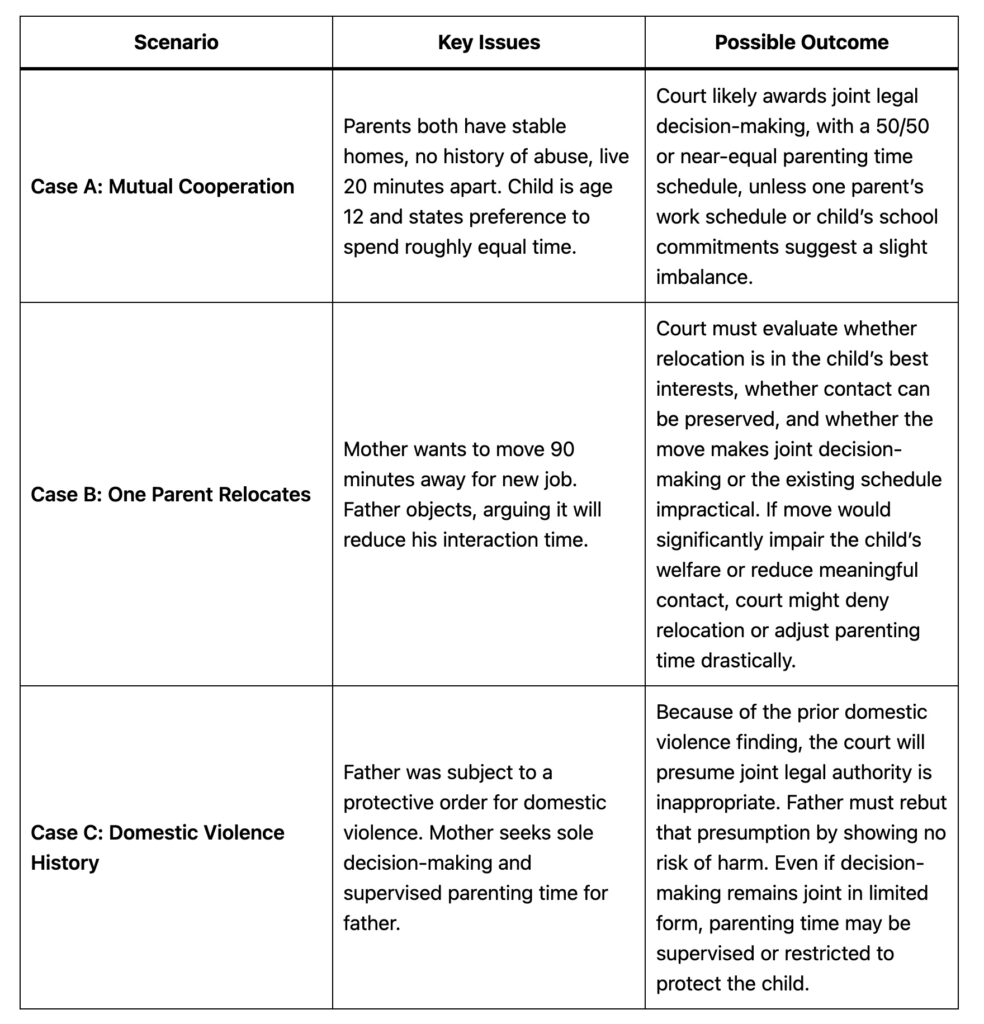
Recent Arizona Case Law Highlights
Here are a few recent appellate decisions in Arizona that illustrate how courts are applying and refining custody principles:
- Holland v. Holland, 1CA-CV24-0459 FC (June 2025)
In this recent Court of Appeals case, the court clarified that in order to find that a child would be “significantly detrimental” to a child, the court must show that even some amount of unsupervised time with the parent would result in harm. Moreover, the court held that a third party (for example, a grandparent) cannot prevent a legal decision-making parent from relocating the child under A.R.S. § 25-409. - Jordan / Romine school decision case
In a case involving joint legal decision-making and a dispute over religious schooling, an Arizona Court of Appeals reversed the trial court’s action to forbid private religious schooling. The appellate court held that the trial court erred: the parenting plan had provided for mutual decision-making, and the best-interests standard should have governed school placement, rather than imposing a blanket prohibition. The matter was remanded for further factfinding using the best-interests factors.
These decisions show how courts are tightening standards around harm and clarifying that decision-making authority must be carefully balanced with the best-interests analysis.
Practical Tips for Clients / Attorneys
- Build a credible Parenting Plan
A well-drafted plan can carry weight. Address decision-making division, dispute resolution, communication protocols, holidays, transportation, and relocation contingencies. - Document parental roles & involvement
Keep logs or records of who has made school/medical decisions, who handled drop-offs/pickups, and evidence of caregiving contributions. - Address safety concerns clearly
If there is a domestic violence or abuse history, present evidence, restraining orders, or expert testimony. Don’t wait to react. - Prepare for relocation issues proactively
If you anticipate a move, consider drafting a relocation agreement in advance with ample provisions for preserving meaningful contact. - Be mindful of appellate records
The appellate court will not reweigh evidence. Ensure that the trial record includes thorough findings, objections where needed, and preserved issues for appeal.
Call to Action
Deciding legal decision-making and parenting time in Arizona is a legally complex, intensely personal journey. If you’re navigating this process, you need strong advocacy, thorough preparation, and strategic legal insight—especially in contested or sensitive cases.
At Dodge & Vega, PLC, our Arizona family law attorneys focus exclusively on child custody, divorce, modifications, and appeals. We fight for your parental rights while centering your child’s best interests. If you’d like help drafting a parenting plan, representing you in court, or evaluating your appeal prospects, reach out today for a consultation. Contact Dodge & Vega PLC today. Let us stand with you, fight for you, and guide you through every step of the process.
📞 Click here to schedule your consult
⚖️ Real trial lawyers. Real results.
-Ben Dodge, Esq.,
Senior Managing Partner, Trial Attorney

Dodge & Vega Trial Law Practice Areas:
AZFamilyLaw #ChildCustodyArizona #LegalDecisionMaking #ParentingTime #AZDivorce #FamilyLaw #ArizonaCustody #BestInterestsOfChild #CustodyCaseLaw #AZLegal
